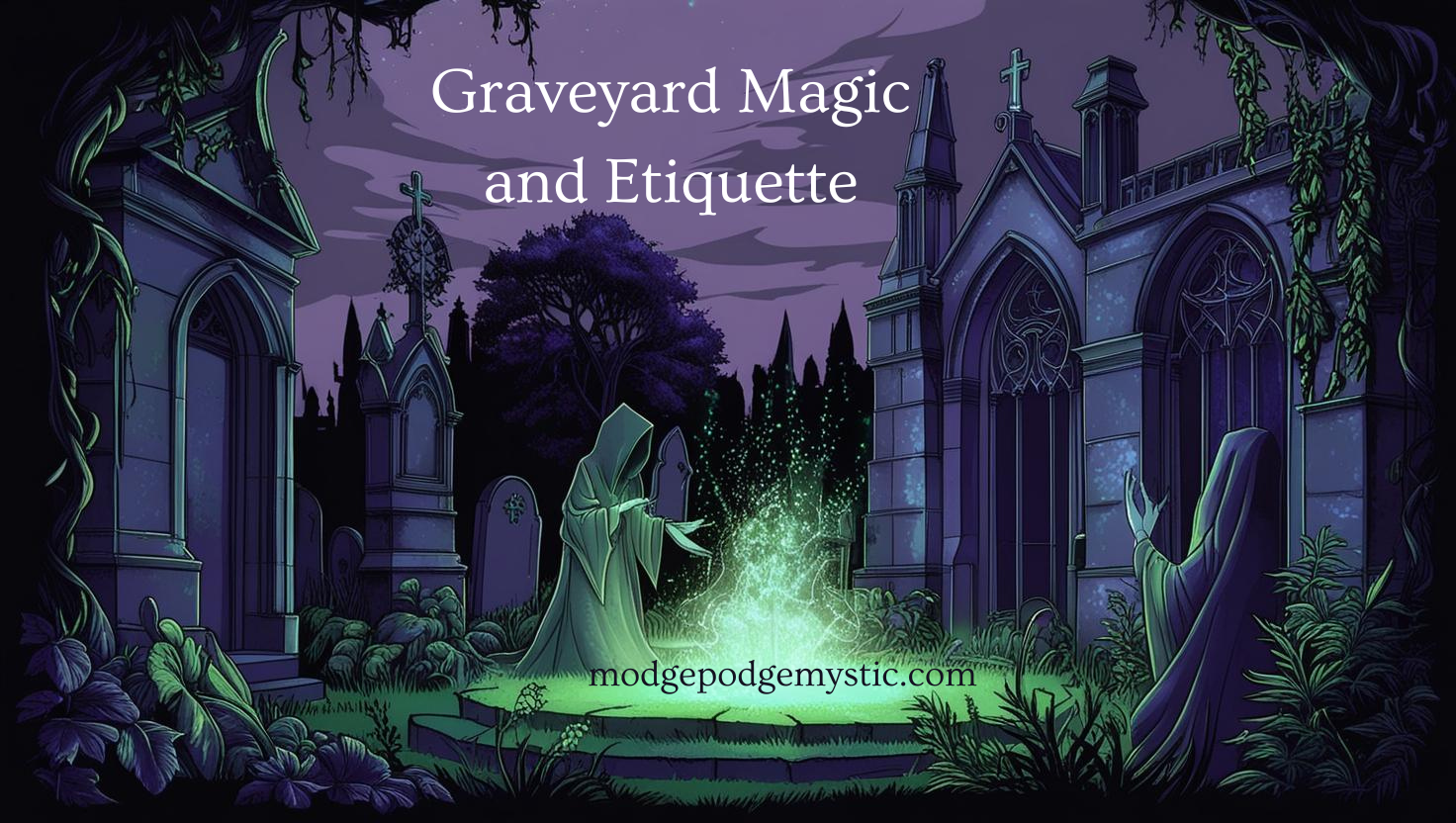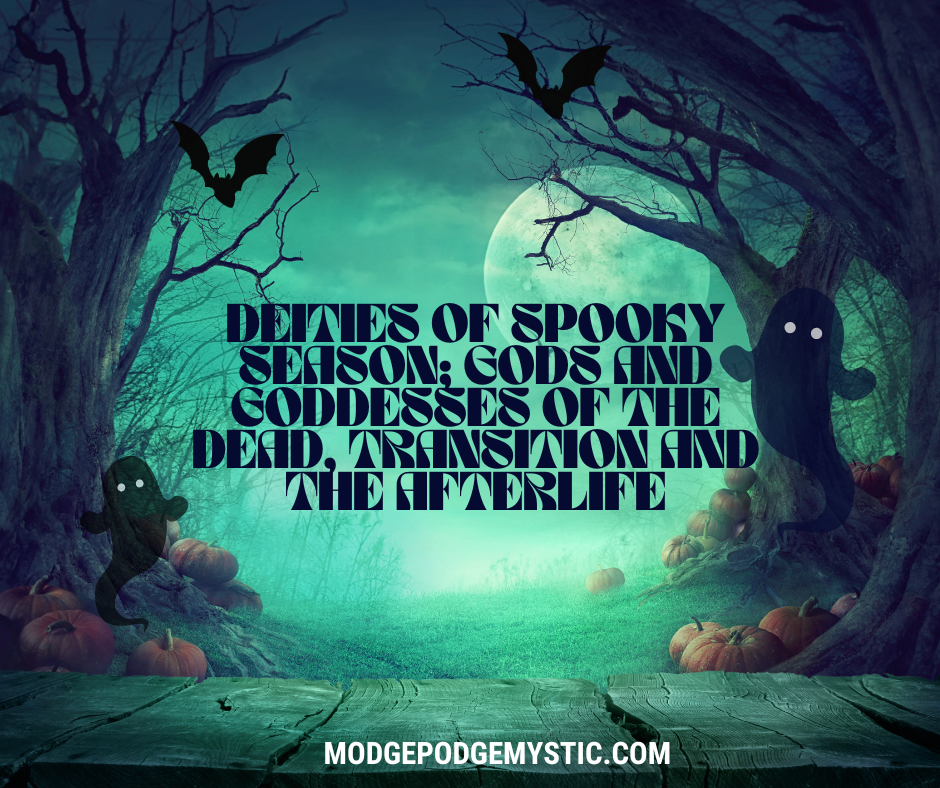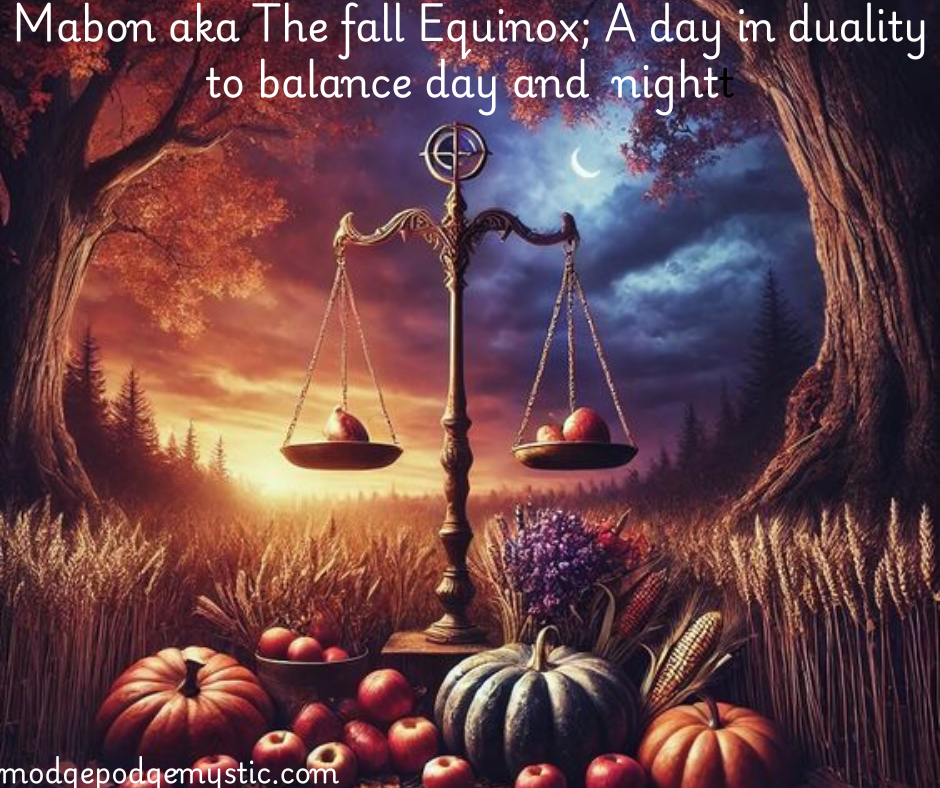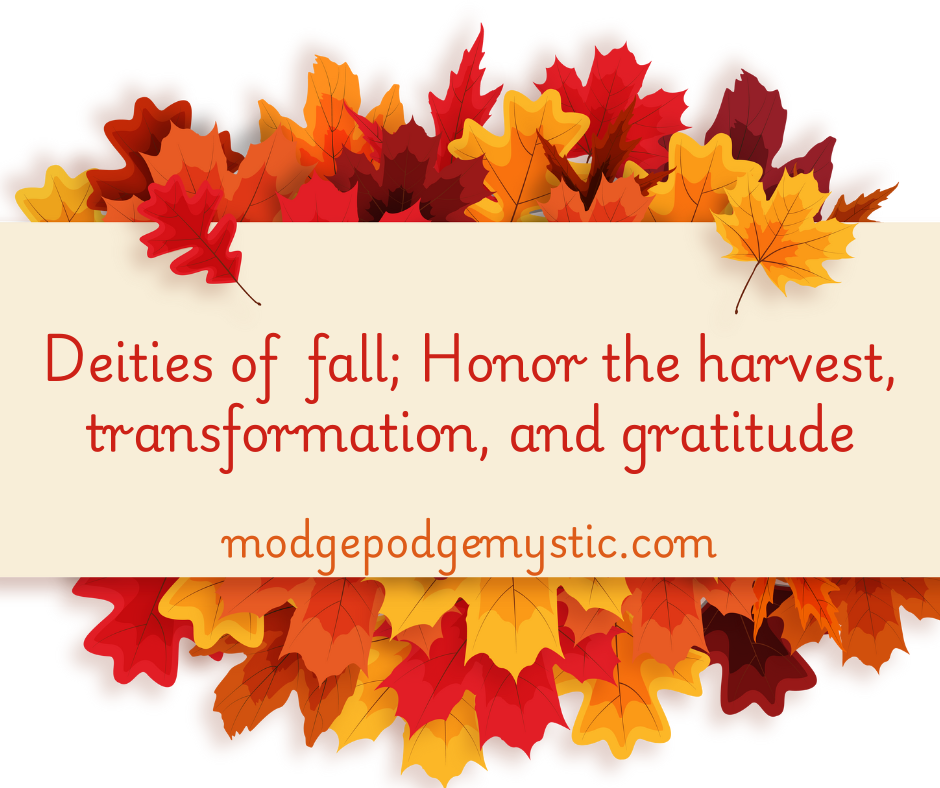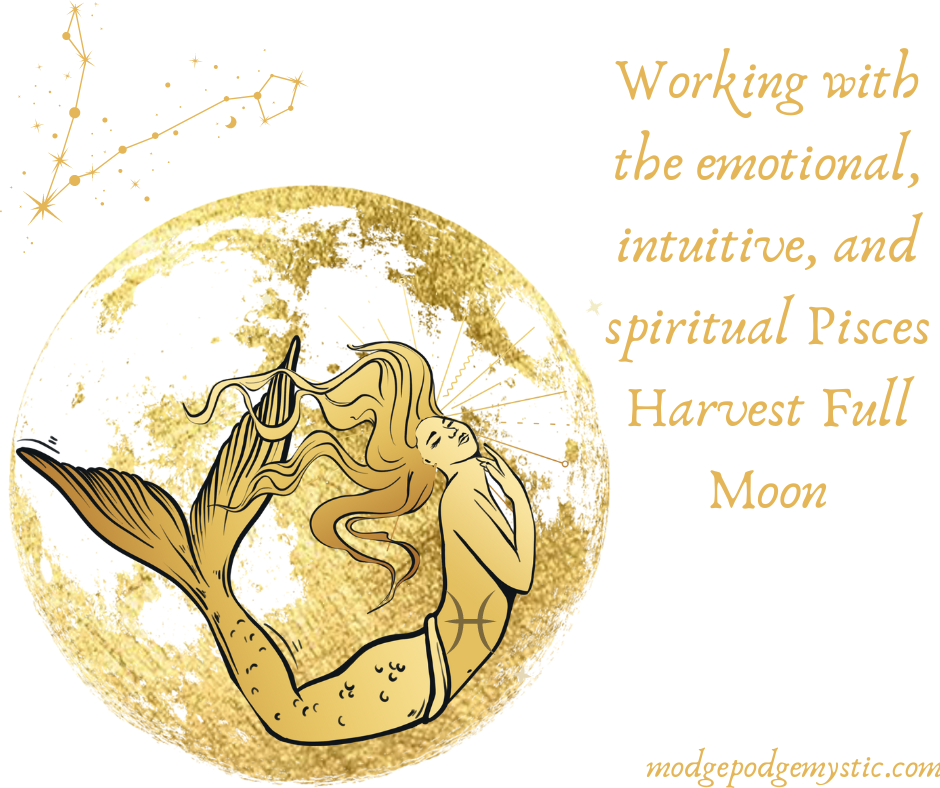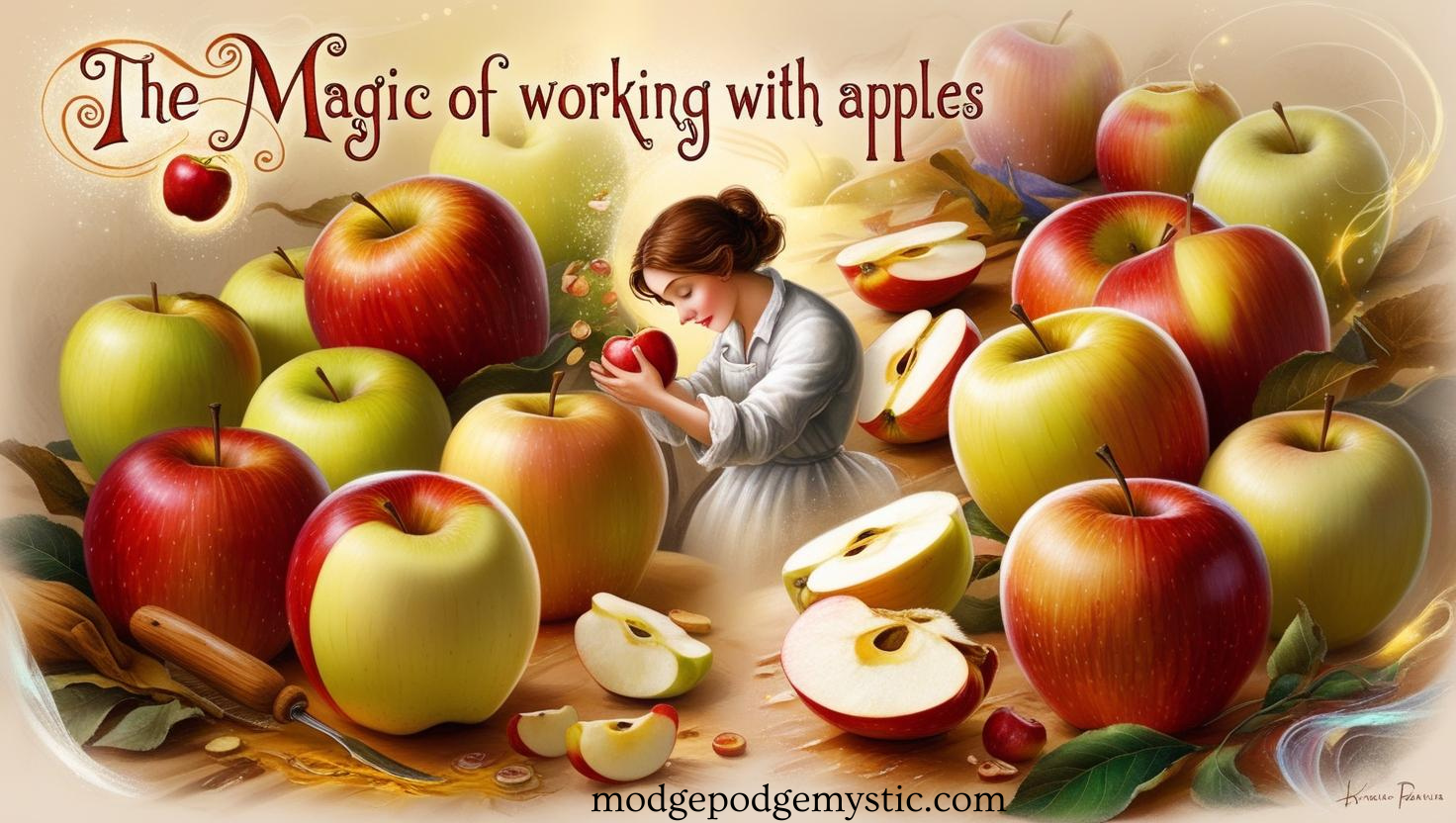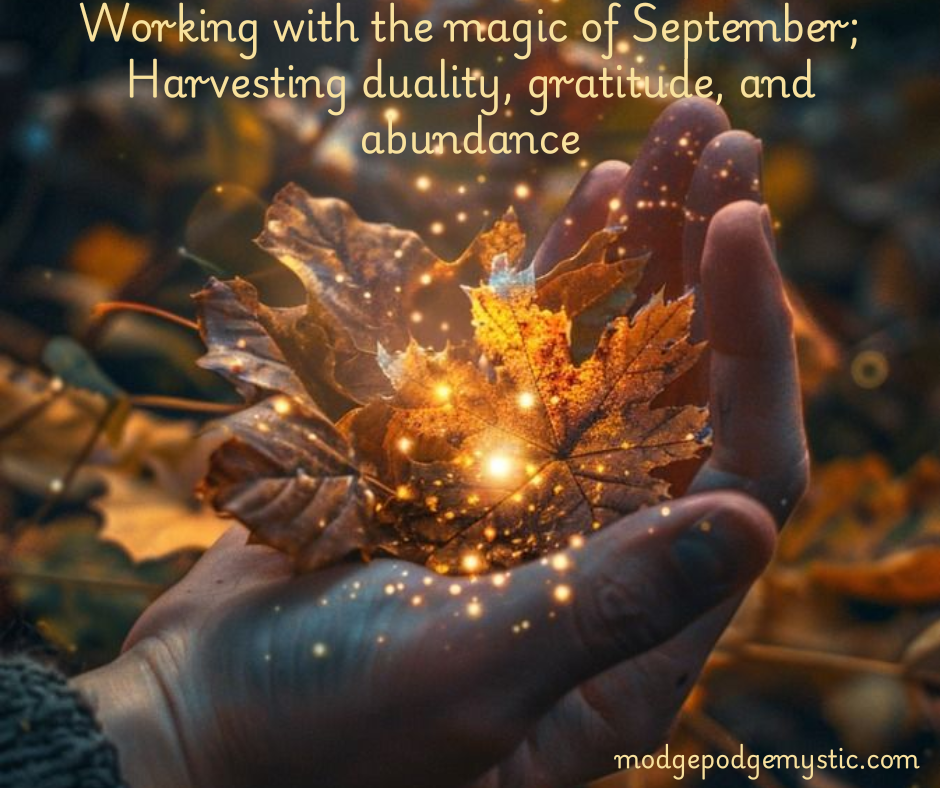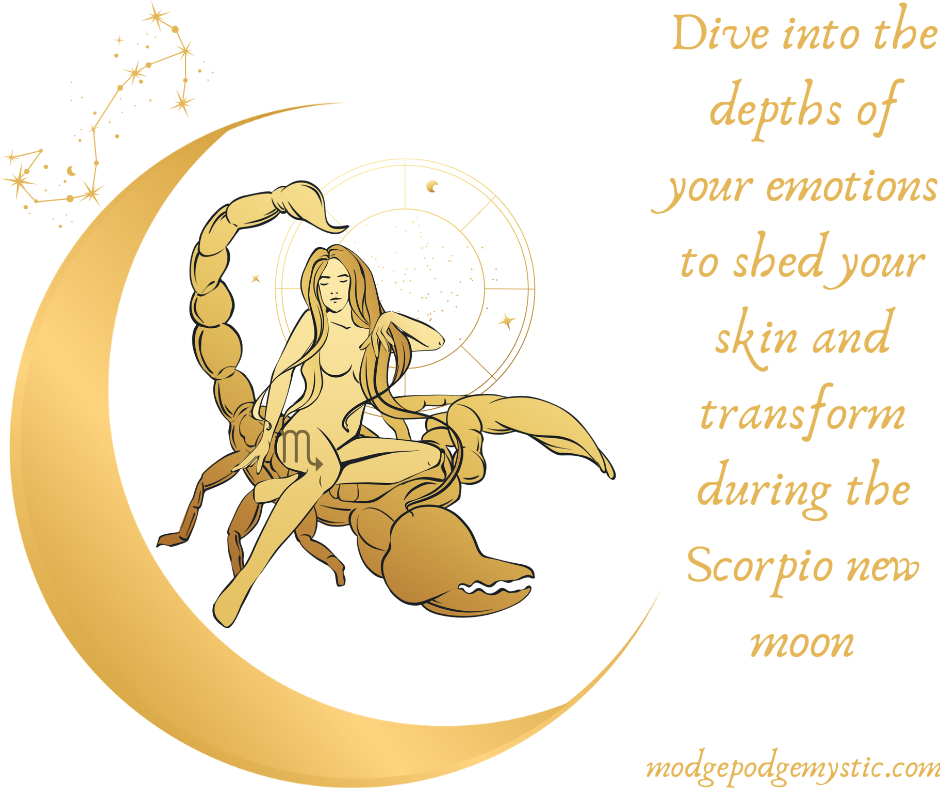

We are entering a new lunar phase on November 1st; the New moon. As the Moon changes signs approximately every 2-3 days, we feel the influence over our moods and intuition shift. This month we find the moon in the investigative, intuitive, passionate, emotional, sensual, and transformative, sign; Scorpio. The Scorpio New Moon on November 1st, brings a lot of intensity and passion, especially focused on new beginnings, new ventures, new relationships, and the beginning of new karmic cycles. The energy of this Scorpio new moon will feel very similar to that of the lunar eclipse. It’s a time for purging, changing, and reassessing our lives. This new Moon, more than others this year, opens a doorway to the subconscious, allowing us to see energies normally hidden. With the energy of the transformative, investigative, and intuitive Scorpio new moon happening right when the veil is the thinnest during the year, it is time for us to become intimately aware and familiar with our shadows and what we keep hidden. Which can allow us to grab onto this moment of profound transformation and self-discovery. We likely need to work on a major transformation, and this can be intense, but ultimately leads to solutions and frees us. This is a time when you’ll look within to truly understand the depths of your feelings. This period of introspection could lead to greater self-awareness as well as an awareness of those around you including your relationships with others and yourself. This Scorpio new moon will have us diving into an ocean of emotion asking us to look at how we support not only others but ourselves. Giving us the passion to speak up and express what it is we need to feel supported that is seeded deep within our hearts. Come dive into the depths of your emotions and investigate what you find there to shed your current skin in transformation with the Scorpio new moon in this blogpost.
New moon what it is and why we honor it
Every month, the New Moon carries us over the threshold of a new beginning. So, let’s talk about the new moon in general before we reorder the soils of our lives with new moon in Virgo. The new moon is the time to reflect and cleanse your energy. It is a time to set your intentions for what you wish to attract this lunar cycle. But, remember every intention set requires action and energy from your part as well. You can’t just set an intention and miraculously it is yours. You must also put the movement of energy behind it with action steps.
The new moon energy is there to support you in manifesting what you want. The new moon is a time to allow new ideas and energy to flow with you. It is a time to honor new beginnings, and the turning over of a cycle. Think of these intentions as seeds you are planting for this lunar cycle to be ready to harvest by the full moon. Use this time to rest, reflect, and plant what you will grow just as your ancestors across many cultures did while there was little light in the night sky for them to use.
Each New Moon is unique, offering its own magic within each month. To learn more about the foundations of working with the new moon, and how it affects you, read more here in my previous blog post. And to learn more about the moon in general and lunar magic you can read my comprehensive guide on the topic here. You can also watch my class on YouTube with Divination Academy here!

So, who is Scorpio?
Scorpio, the ruler of the 8th house is one of the most misunderstood signs of the zodiac. Because of its incredible passion and power, Scorpio is often mistaken for a fire sign. In fact, Scorpio is a fixed water sign that derives its strength from the psychic, emotional realm. Scorpio is associated with the underworld and the dark side of human nature. That is because it is ruled by the planet Pluto, who has dominion over the underworld, aka the realm of the dead. But, keep in mind dark doesn’t mean evil or bad, it simply means the absence of light, and the stuff hidden out of our sight. Scorpio is a unique sign though, because it is thought to be dually ruled. Scorpio’s traditional ruler is the planet Mars. This accounts for the somewhat aggressive and manipulative nature of the scorpion we see, representing this sign with it’s venomous sting. The modern ruler of the sign is Pluto, which emphasizes its themes of transformation, death and rebirth.
The Scorpio Constellation
The Scorpius constellation is located in the Southern celestial hemisphere, where it sits near the center of the Milky Way. It is also one of the brightest constellations in the sky.
In Greek mythology, the constellation Scorpius was identified with the scorpion sent by Gaia, that stung Orion, the mythical hunter. This was all after he claimed there was no animal on Earth he couldn’t kill. When Orion began bragging, he would kill every animal, the Earth goddess Gaia sent Scorpius the Scorpion to sting and kill Orion instead. Ever since the two lie opposite each other in the sky, and Orion is said to be fleeing from the scorpion as it sets just as Scorpius rises. In one version of the myth, Orion tried to rape the virginal goddess Artemis and she sent the scorpion to punish him for that violation.
In another part of the world Hawaii, it has a different tale attached to another figure Maui. In Hawaii, they know Scorpio as the demigod Maui’s Fishhook. One day Maui went fishing with his brothers in their outrigger canoe. He brought with him a magic fishhook, instructing his brothers that whatever he caught with it, they were to continue paddling and never look back. Maui caught a huge object and asked his brothers to paddle harder while he pulled the line. As Maui hauled, many rocks appeared. The more he pulled, the more rocks appeared. Finally, he pulled hard enough that the large chunks of land surfaced from the ocean, which became known as Hawaii.
Scorpio the scorpion
The scorpion is Scorpio’s primary symbol. Scorpions inflict disabling stings with their tails, and they’re considered rather cunning and/or vengeful. The scorpion is an amazing, complex creature that is bent on survival. It’s hostile, defensive, cautious, and has a keen sense of its surroundings. Scorpions crawl on the ground, hide in dark corners, and, if threatened, strike out with their deadly tails. Much like the Scorpion would rather kill itself than be killed, Scorpio is the Sign giving us the ultimate control over our destiny.
Themes for the Scorpio new moon
Every New Moon contains its own themes, which are related to the sign that it falls under. This time, we experience the New Moon in the investigative, intuitive, passionate, emotional, sensual, and transformative sign of the scorpion; Scorpio. The Scorpio New Moon is all about diving into the depths of your subconscious and riding the waves of our emotions to healing, hidden secrets and deep transformation. It’s about being brave enough to confront the dark parts of your life and who you are allowing it to heal your deepest scars and alchemize it into power and manifesting the life you truly want. This Scorpio new moon is an opportunity to plant seeds of transformation and invite profound and lasting change in our reality by letting go of what has run its course or no longer serves us. This new moon coming right after the veil being pulled back on Samhain night creates a very cyclical karmic energy adding a boost to the already present energy of new beginnings. Let’s explore some of the themes and energies of Libra deeper below.
Let’s explore some of the themes and energies of Scorpio deeper below.

Scorpio the sign of alchemy and transformation
Scorpio rules over the process of alchemy and transformation. Scorpio is all about who you are becoming in relationship to life and the journey of embodying your true authentic power. This is because, it is not only a water sign connected to our emotions and intuition but, also ruled by the planet Pluto. Pluto, is the planet of transformation, the underworld, and death. This means death in the sense that something comes to an end and transforms into something else (very similar to the Death card in tarot). I talk about this all the time in my classes. Death is crucial and central to every area of our lives especially when it comes to profound transformation, healing, and enlightenment. A death of some kind must happen for something to be born. This is an opportunity to WELCOME and honor how you are changing shape. It is Scorpio who companions us on the journey to the underworld as we look at the areas of our life that need our tender love and compassion. Take advantage of this transformational moment and try not to run away from the darkness and the breaking apart. The intention is to break to rebuild. Scorpio has this ability to regenerate and transform like no one else and always comes out stronger from a battle. As the sign of extremes, Scorpio energy can draw out both our darkest shadows and our most enlightened selves.
Scorpio the sign of Investigating the dark and deep
Have you already heard that Scorpio is the most intense sign of the zodiac? This is because it’s a water sign, so it’s ruled by emotions, and is always looking inside like a detective. Its gaze is investigative and never fears the truth. A new moon Scorpio is known as a time of deep introspection caused by the depth of our emotions. Scorpio isn’t afraid to explore dark or deep things, making it a very psychic and investigative sign that isn’t afraid of diving deep into dark depths of the ocean in our hearts. And like the depths of the ocean even if we come up for a breath Scorpio will pull you relentlessly back down, again, and again, and again. Down, into the depths of your emotions until you no longer fight the waves of your emotions but, succumb to the ebb and flow of the endless waves. This period of introspection could lead to greater self-awareness as well as an awareness of those around you. This ability to get in touch with the intricacy of your own emotions gives you the insight needed to understand others’ motivations. Don’t be surprised if you have a few light bulb moments during this time.
Scorpio the sign of unleashed sexual desires
Scorpio is the sign most closely associated with sex: this is due to their enigmatic nature which is what makes them so seductive and beguiling. This sign even rules our reproductive and sexual organs! Sex isn’t solely about pleasure for these sensual scorpions though. They also crave the physical closeness, spiritual illumination, and emotional intimacy sex can provide. When the moon is in the sign of Scorpio it is oozing sexual passion, and desire. With it also being a time about going into your dark depths you may have some desires being illuminated you normally shy away from or simply have not acknowledged. This is the perfect time to not run and hide from them but, to approach them without fear and experience the waves of pleasure those dark sexual desires can bring you and your partner. Use this energy to expand and unleash your sexual pleasure with your deepest sexual desires coming to the surface from the depths where you let them usually rest. Than tap into the enlightenment, enhanced intimacy, and manifestations powers this boosted raw sexual power can have in your sex magic.

What To Be Cautious Of This Scorpio New Moon
Since Scorpio has a tendency to bring anything hidden to the surface, your truth radar may be sending you additional communications. Listening to your gut instinct is important now, and especially due to the volatility of this energy. But, be very mindful to exercise emotional maturity if something needs to be addressed. It could be easy, during this window, to end up in emotional drama, conflict, or to simply blow up on others with our words. So stay conscious of your emotional awareness and use this powerhouse energy to fuel your desires instead of getting steeped in drama, conflict, and damaged relationships.
Scorpio new moon and duality
Since, I am a grey witch every single energy I work with I look for the duality in that energy and how I can connect to it. First, let’s talk about the duality of Scorpio. I find a lot of duality in Scorpio from the give and take of sexual passion, to the spectrum of our emotions we feel. But the most profound aspect of duality with Scorpio I feel is it’s investigative nature with our emotions and the deepest parts of ourselves. The need to dive deep into our subconscious, and investigate the feelings we keep hidden in dark can be a powerful container of duality. It’s a time when we are called to sit with the uncomfortable truths within us, the ones we’ve been avoiding, and allow them to lead us toward profound personal growth. The balance between these forces can feel like a dance between surrender and action, and healing and discomfort.
Second; the new moon itself is all about duality and illuminating the night sky in both light and shadows. The new moon is all about rebirth, renewal, and the beginning of a new cycle, which puts you in a transitional liminal space, energy, and time. In order for you to be in a space to begin again, to transition, and be reborn you had to just come from and ending and death. If you want to know more about duality and being a grey witch you can watch my class with Divination Academy about it here.

Correspondences for the Scorpio new moon
First, what is a correspondence? A correspondence is an item or symbol that is meant to connect you to a specific energy thru it’s representation. It is seen also as an item to respect, honor, and venerate that energy as well whether it be a deity, an archetype energy , or the zodiac energy the moon is currently in like Scorpio, that I will list below for you to use. Remember this is not an all encompassing list and there may be other correspondences to use. Just follow your intuition and use what calls to you.
- planet-Pluto and Mars
- Element- Water
- Symbol- The scorpion
- Modality- Fixed
- Day- Tuesday
- Body part- Genitals, and reproductive organs
- colors- Red, black, grey
- Phrase/motto- “I desire”
- Chakra- Sacral Chakra
- Herbs/flowers- ginger, myrrh, Cumin, geranium, chrysanthemum, basil, rosemary, nettles, devil’s club, hisbiscus, guarana, damiana, peony, yarrow, mud root, coriander, honeysuckle, blood root, dragons blood
- Stones/crystals- Topaz, serpatine, black obsidian, bloodstone, garnet, ruby, smoky quartz, jasper, oynx, malachite, citrine, turquoise, aquamarine, opalite, moonstone
- tarot- Death card
How to connect to the Scorpio new moon
Now, that we have talked about the themes of this Libra new moon and how it is going to affect you let’s talk about how you can specifically connect to and work with this moon. First, make sure to do all of your staples that your learned in the previous blog post on the new moon and the moon in general like, charging your crystals, making moon water, and resetting your altar.
With this moon there are certain spells and rituals that will help connect you this moon in the most effective way. This Scorpio new moon is a time to focus on shadow work, past life regression, ancestral magic, divination, and other deep transformative practices. Remember these are just some of the many ideas. Follow your intuition and the energy of this moon. Below is a list of ideas on how to connect to and work with the Scorpio new moon.
- Shadow work focused on deep emotions and trauma
- elemental magic with water
- Therapy of any kind
- Sex magic and spells
- Lunar magic
- Set intentions and plant seeds for complete transformation
- Ritual moon bath
- Make a spell jar representing Scorpio and add to your altar or bedroom
- Connect to Samhain that just took place
- Connect to your Sacral chakra
- Explore your sexuality and sexual desires
- Meditation and visualization work
- write a gratitude list and reflect on all the tranformation you had this past year
- Divination- especially water scrying, apple peel reading
- Water emotion release ritual
- Inner child work
- Start a mindful journaling practice
- Sit with your emotions
- Get lost in a mystery
- Confront someone you need the truth from
- Fertility spells and magic
- expand your intuition by listening to your gut
- Focus on abundance
- Create sacred space for your emotions
- Commit to healing, growing, and transforming however that looks to you
- Connect to the dead, spirits, and your ancestors with graveyard magic
- Connect to sex deities like pan or lilith
- connect to deities of the underworld, rebirth and transformation
- Transformation and rebirth magic and spells
- moonlight bathe in the nude
- Create a simmer pot for increased passion adn expression in your home
- Spend time in stillness, silence, and solitude
- Set goals for the witches new year
- mirror work
- Cleanse yourself, and your home from unwanted energies and entities
Shadow work questions for the Scorpio new moon
Like we’ve talked about over and over again in this post this new moon is a deeply emotionally time calling to us from the deep. Guiding us to confront the things hidden in the dark the depth of water creates. Forcing us to experience the crash of each wave, as we dive down again and again until we think there isn’t much more we can take. Then we finally get a ride while resting on the protective scorpions back, to the shore once more. Standing up tall as we shed our old skin transforming among the sands of the shore taking a deep breath in. Whether you do it thru meditation, actual shadow work, or just journaling while in reflection; below is a list of prompts and topics to connect with the energy of the Scorpio new moon.
If you would like to learn more about shadow work you can purchase my eBook here; you can book me for a 1:1 session as your guide here; and you can watch my free class previously taught on it through Divination here.
- What rebirth would like to experience this new moon?
- How can you connect more to your passions?
- In what was have you been self sabotaging in your life and relationships?
- What emotions are waiting in the deep for you to confront?
- What hidden sexual desires are willing voice and act on?
- How can you use your emotions to transform you into the next version of who you are?
- What past wounds and hurts still sting are you willing to now release?
- What patterns am I willing to transform and how?
- What words deep within the depths of my heart do I need to finally express?
- What fears, secrets, or hidden elements do I need to face?
- Where have I given my power away to others?
- How in my life can create more intimacy in my relationships?
- How have a already transformed, changed, and grown and where in my life do I still have more room to transform and grow?
- Are there parts of myself that I hide away from others and consider “dark”?
- How can I change my life by being more vulnerable with myself?
- In what ways can a reconnect to my emotions everyday with self care?
Scorpio New moon transformation spell
This spell some may not be able to do but, if you can it connects you to the energy of water and the transformative energy Scorpio sends crashing into our souls this new moon. Lending you the power the darkness and depths our emotions churning in the waters of our soul have. To do this spell you need to be able to get yourself somewhere sacred in the woods where you may find a running river, creek, or brook.
What you will need: a spell bag or pouch, a piece of paper and pen, rosemary, ginger, coriander, tea leaves, cinnamon, mint, lavender, Dandelion (flower or seeds)
How to perform: Go to a wooded area and find a tree with a branch hanging near your water source. Sit down, and get yourself into sacred container. Taking in a deep breath and focusing on the smells, sights, and sounds of the transformation in nature all around. Then with a deep willingness and readiness in your heart to change, grow, and transform take your pen and paper and write your intention. Once done take the paper and place it into your pouch or spell bag locking your commitment and intention to change inside. With your next big breath take your herbs and add them as well if you would like you could even add a piece of hematite. Then hold your spell bag in your hands once again taking in a deep breath pulling in the energies of transformation all around especially the running water you have found. Envision the intention you had set and all the work it will take to go deep within the depths of your emotions to transform your life and how you feel. Then with your next deep breath take your bag knotting it tight locking your intention to transform with Scorpio guiding you tonight. Next take your spell bag and tie it to a branch with water running near, leaving it here for the water, the wind, and the Scorpio new moon to fuel your intention of transformation this eve.
Ritual Full Moon Bath
Taking a moon bath is an extremely soothing way to harness the power of this moon phase. A Moon bath can be an especially powerful practice when the Moon is transiting the water signs of Cancer, Scorpio, and Pisces. This is because the element of water is activated, i.e charged up – like a crystal, it has more potential to HOLD intention and frequency. So, this new moon take a ritual bath to help you connect to your depth of your emotions in Scorpio right now. I would recommend to have your items added to your bath right now be focused
Top tip: Using Moon water in your ritual bath will take it to the next level!

Sex Magic To enhance your sex life
With this new moon in Scorpio being so deeply connected to our sexual desires, passions, and energy this moon is an extremely potent time for any type of sex magic and sex work. This includes doing spells to enhance your sex life. We can all use a little enhancement from time to time for many reasons and even if you don’t why not add some enhancement to increase your pleasure, your partners pleasure and have some really body alterating orgasms’ at that! I am passionate about sex magic and use it in my life, magical practices and my marriage ALL the time! To learn more about sex magic you can check out part two of class on the topic here and the study guide with divination academy here!

The spell below is a great spell enhance and intensify any of sexual pleasure sessions!
Carve your name and your partners name into your red candle
Anoint your candle with honey while thinking of all the passion, desire, and freedom you want to experience in your sex life.
Take your anointed candle and roll it in your cinnamon and sugar again visualizing all the passion, desire, freedom and climaxing you want to experience with your partner.
Be as specific as possible.
Light your candle during your next sex session together to ignite your passions and let it burn until it goes out on it’s own

Wrap up
The New Moon in Scorpio brings a potent opportunity to dive into the shadowy parts of ourselves, shedding old layers and making space for emotional and spiritual rebirth. It’s a time when we are called to sit with the uncomfortable truths within us, the ones we’ve been avoiding, and allow them to lead us toward profound personal growth. Scorpio’s influence over this new moon asks us to embrace the intensity of our inner world and use it as fuel for empowerment and transformation.

